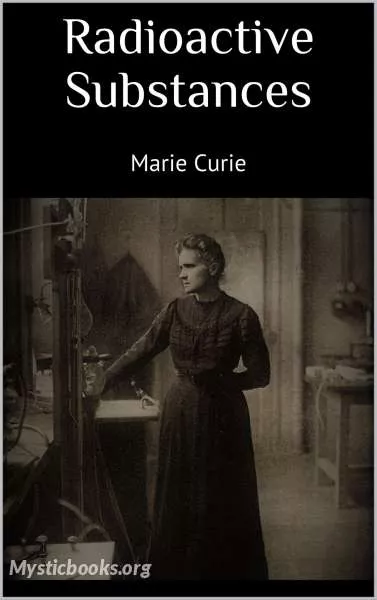
Radioactive Substances
by Marie Curie
'Radioactive Substances' Summary
Marie Curie, born in Warsaw in 1867, was a Polish-French physicist and chemist famous for her work on radioactivity. She was a pioneer in the field of radioactivity and the first person honored with two Nobel Prizes - in physics (1903) and chemistry (1911). The risks of working with strongly radioactive materials were not known at that time, and she eventually died in 1934 from an illness likely caused by radiation poisoning.
Radioactive Substances is the thesis of Marie Curie, presented to the Faculté de Sciences de Paris in 1903, and subsequently published in "Chemical News" vol 88, 1903. Marie Curie gives a detailed description of her research on radioactive substances carried out at the Sorbonne. She details how she obtained the two new elements radium and polonium from pitchblende, explains her numerous experiments and presents measurements of all kinds.
Book Details
Authors
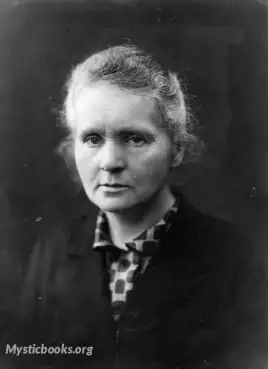
Marie Curie
Poland, France
Marie Salomea Skłodowska Curie was a Polish and naturalized-French physicist and chemist who conducted pioneering research on radioactivity. As the first of the Curie family legacy of five Nobel Prize...
Books by Marie CurieDownload eBooks
Listen/Download Audiobook
- Select Speed
Related books
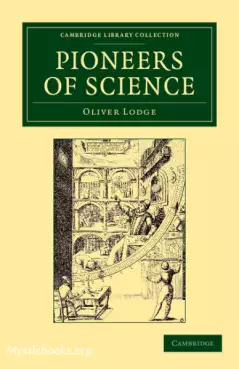
Pioneers of Science by Oliver Lodge
This book takes its origin in a course of lectures on the history and progress of Astronomy arranged for Sir Oliver Lodge in the year 1887. The first...
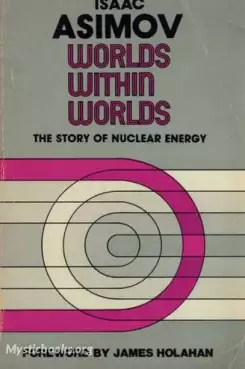
Worlds Within Worlds: The Story of Nuclear Energy by Isaac Asimov
This is a short booklet on science fact commissioned by the U. S. Energy Research and Development Administration (Office of Public Affairs). It tells...
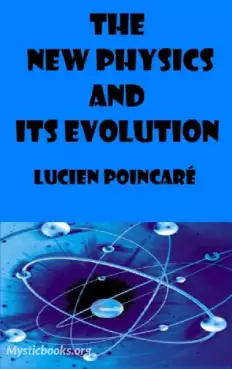
The New Physics and Its Evolution by Lucien Poincare
The end of the 19th and beginning of the 20th century marked a new era in the study of physics. It seemed as though everything that was thought to be...
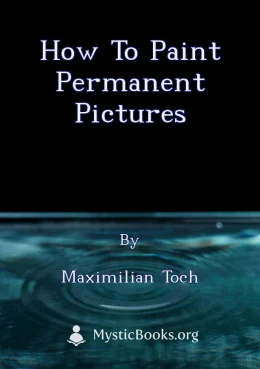
How to Paint Permanent Pictures by Maximilian Toch
Maximilian Toch's "How to Paint Permanent Pictures" is an invaluable guide to creating lasting artwork through painting. Toch, an expert in the field,...

On the Nature of Things (Watson translation) by Titus Lucretius Carus
On the Nature of Things is a philosophical poem by the Roman poet Lucretius, written in the first century BC. The poem presents the Epicurean philosop...
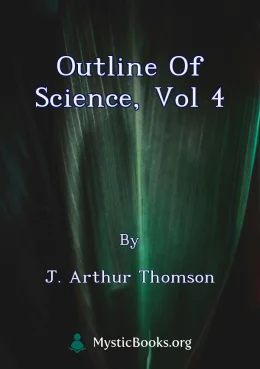
Outline of Science, Vol 4 by J. Arthur Thomson
Volume four of 'Outline of Science' delves into the captivating world of bacteria, luminous organisms, and lower vertebrates, including the intriguing...
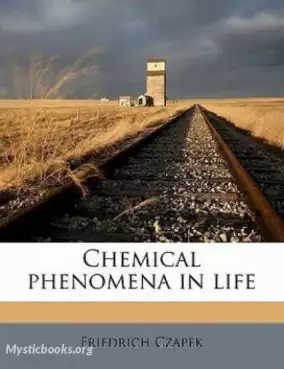
Chemical Phenomena in Life by Frederick Czapek
Published in 1911 as part of the "Harper's Library of Living Thought," this volume presents an introduction to the chemistry of cells in the context o...
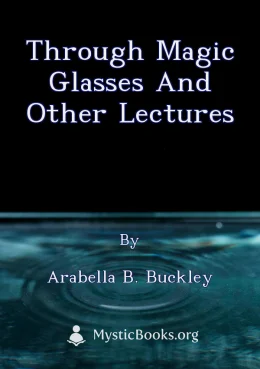
Through Magic Glasses and Other Lectures by Arabella B. Buckley
This book is a collection of lectures on various scientific topics, including the use of optical instruments such as microscopes and telescopes. It is...
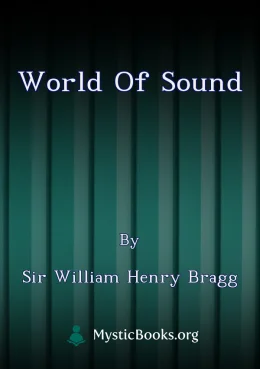
World of Sound by Sir William Henry Bragg
Sir William Henry Bragg's "World of Sound" is a collection of six lectures originally delivered to a young audience at the Royal Institution in London...
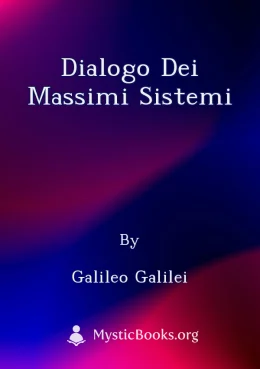
Dialogo dei Massimi Sistemi by Galileo Galilei
Dialogo dei Massimi Sistemi is a scientific essay written in the form of a dialogue by the Italian scientist Galileo Galilei. Originally written in It...
Reviews for Radioactive Substances
No reviews posted or approved, yet...